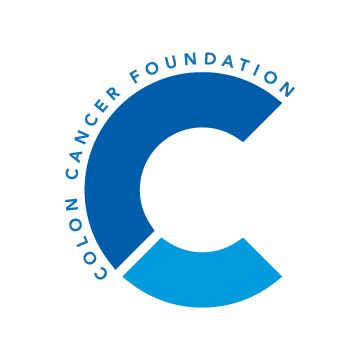- About Us
- Advertise / Support
- Editorial Board
- Contact Us
- CancerNetwork.com
- TargetedOnc.com
- OncLive.com
- OncNursingNews.com
- Terms & Conditions
- Privacy
- Do Not Sell My Information
- Washington My Health My Data
© 2025 MJH Life Sciences™ and CURE - Oncology & Cancer News for Patients & Caregivers. All rights reserved.
Chronic Conditions Can Increase the Risk of Colorectal Cancer
Several studies have identified an increased risk of colorectal cancer (CRC) among those suffering from a chronic condition such as Crohn’s disease, diabetes, or obesity. Interestingly, this association is particularly evident among millennials, meaning those who were in the 22-37 age group between 2014 and 2018.
Several studies have identified an increased risk of colorectal cancer (CRC) among those suffering from a chronic condition such as Crohn’s disease, diabetes, or obesity. Interestingly, this association is particularly evident among millennials, meaning those who were in the 22-37 age group between 2014 and 2018. This is definitely an interesting trend that the CRC research community needs to continue investigating.
A study that queried medical databases found that those who are obese are 30% more likely to develop CRC than those who are not. There are several reasons for this: obese individuals tend to have inflammation caused by visceral fat, which can cause damage to the body and increase the risk of cancer. This inflammation can also cause insulin resistance, such that the body doesn’t respond properly to insulin and subsequently produces more insulin to offset the loss from the resistance. Increased insulin levels can also boost the availability of estrogen, which can lead to increased cell production and tumor growth.
Individuals with inflammatory conditions such as Crohn’s disease or ulcerative colitis are at an increased risk due to inflammation of the colon, particularly if they have suffered from the disease for several years.
You can read more about the specific impact of chronic diseases on CRC here.
Mary Grigsby is an intern with the Colon Cancer Foundation.
Related Content:




